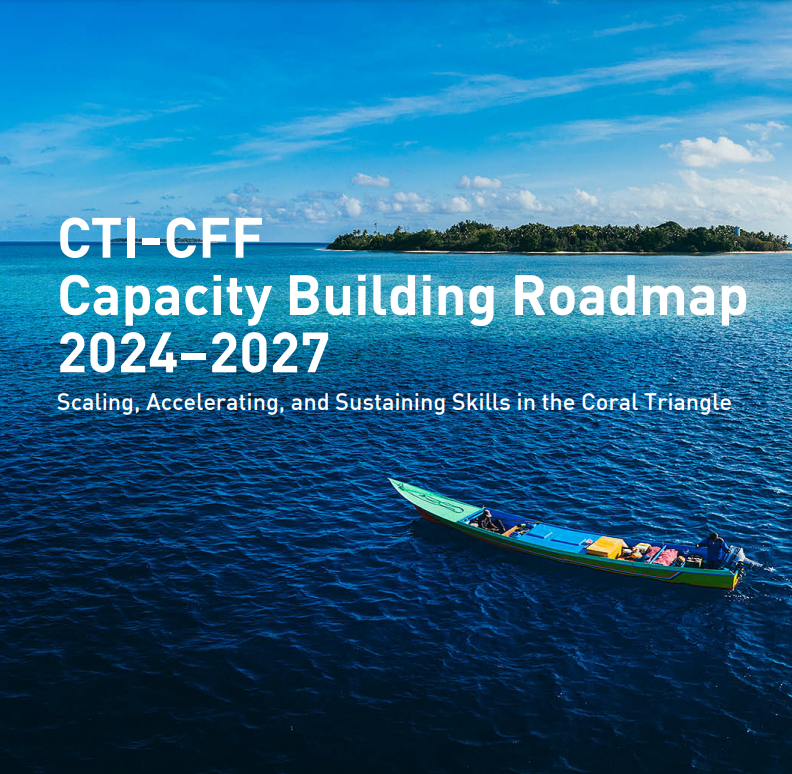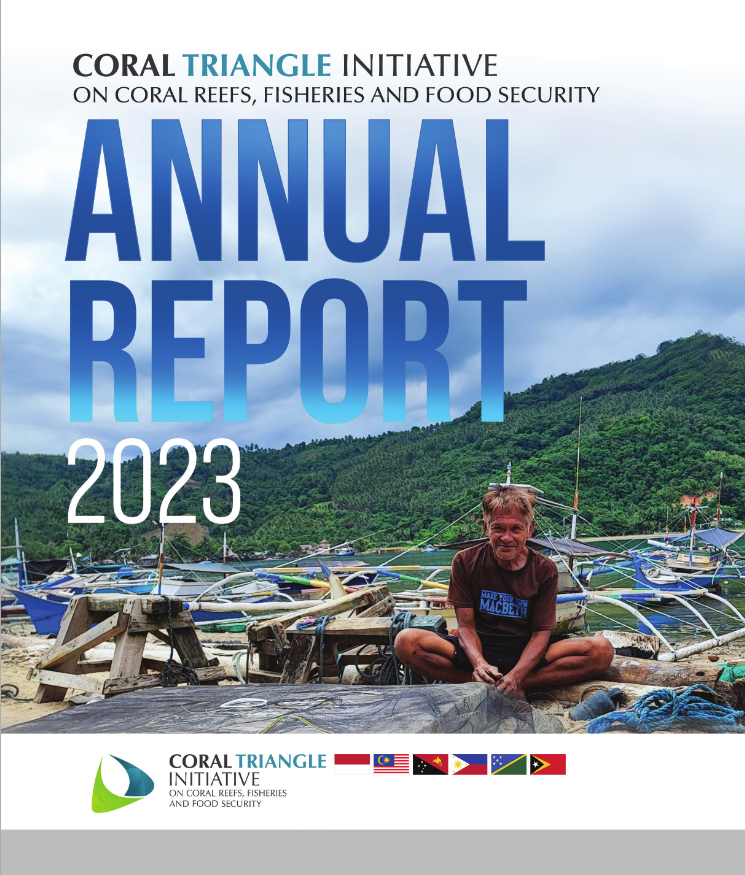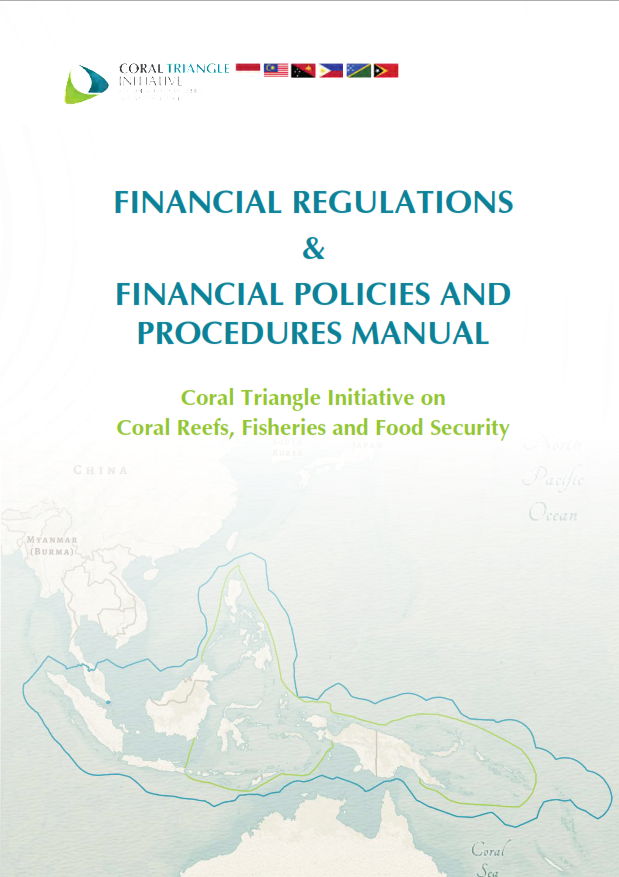13 MPAs Nominated to Coral Triangle Marine Protected Area System
The six CTI-CFF countries have nominated a total of 13 of their most important marine protected areas (MPAs) to the Coral Triangle Marine Protected Area System (CTMPAS). These sites are as follows:
- 1. Anambas Islands Marine Recreational Park, Indonesia
- 2. Wakatobi National Park, Indonesia
- 3. Pangumbahan Marine Turtle Park, Indonesia
- 4. Savu Sea National Marine Park, Indonesia
- 5. Turtle Islands Park, Malaysia
- 6. Tun Mustapha Park, Malaysia
- 7. Kulungi Locally-Managed Marine Area (LMMA),
Papua New Guinea (PNG) - 8. Lolobau LMMA, PNG
- 9. Tarobi LMMA, PNG
- 10. Tubbataha Reef National Park, Philippines
- 11. Turtle Islands Wildlife Sanctuary, Philippines
- 12. Zinoa Marine Conservation Area, Solomon Islands
- 13. Nino Konis Santana National Park, Timor Leste
An Advisory Committee is currently evaluating the nominated areas for admission into the CTMPAS as Category 3 (Priority Development Sites) or Category 4 (Flagship Sites) based on the criteria set out in the CTMPAS framework for effective management of MPAs in the Coral Triangle. They will submit their recommendation to the CTI-CFF MPA Technical Working Group, who is expected to announce the successful nominations during the formal launch of the CTMPAS at the sidelines of the World Coral Reef Conference (WCRC) in Manado, Indonesia.
The CTMPAS is being developed as part of the six countries’ commitment under the CTI-CFF Regional Plan of Action for 2010-2020. Its launch is a major milestone after five years of work by the countries and their development partners, including the U.S. Agency for International Development, U.S. National Oceanic and Atmospheric Administration, The Nature Conservancy (TNC), World Wildlife Fund and Conservation International.
“There are nearly 2,000 MPAs at various levels of management effectiveness scattered across the Coral Triangle, and their benefits are fairly well recognized by all six countries. Individually, these countries are making some headway in increasing the benefits of marine and coastal protection over large areas within their boundaries,” said Dr. Alan White, a senior scientist at TNC. “But there is growing realization that current efforts are not sufficient to address issues related to, for example, protecting economically important trans-boundary species, and that regional cooperation is the next critical step to ensuring sustained benefits from these shared resources.”
The CTMPAS is envisioned to include connected, resilient and sustainably financed MPAs that are designed to generate food and income benefits for the region’s coastal communities, as well as conserve its rich biological diversity.



